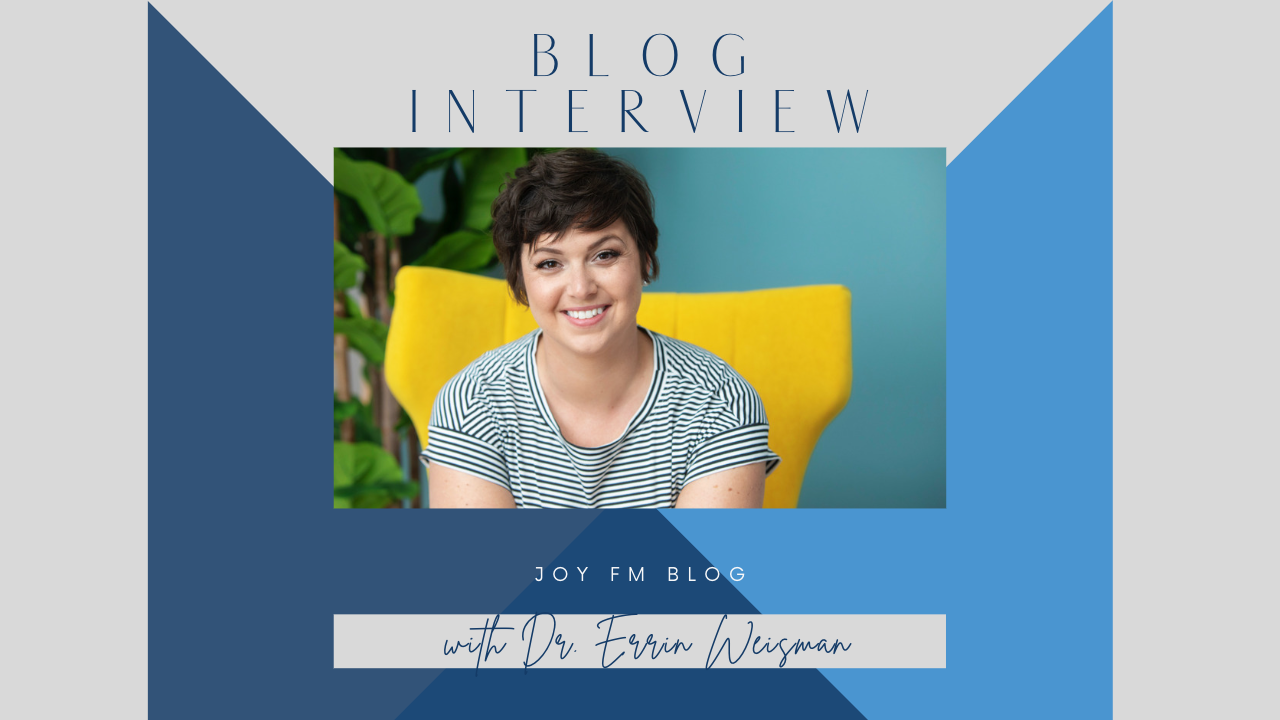The Joy in Family Medicine Blog
Insights and practical ways forward:
Rooted in years of reflection, medicine, education, and coaching
Curated to support your well-being, growth, and fulfillment as a physician.
Periodically, I interview a physician that will give you tips to enjoy medicine, find fulfillment, relieve stress, and more. ...
Since we are covering Meaningful Change which highlighted exercise last week, I thought I should revive this Self-Care Revisi...
Last week, I wrote how physical exercise was the top area faculty and residents alike identified that, if changed, could make...
I’ve had the privilege recently of partnering with six family medicine residency programs for my CHARM Well-Being Leaders Cer...
In a follow-up to the What is Physician Coaching? blog series, I thought I’d take a minute to write out what I felt is the id...
Join me in a discussion with Dr Shillcutt about how we deal with change - even those changes with which we don't agree, on he...
Periodically, I interview a physician that will give you tips to enjoy medicine, find fulfillment, relieve stress, and more. ...
Periodically, I interview a physician that will give you tips to enjoy medicine, find fulfillment, relieve stress, and more. ...
Listen in as Dr Jessie Mahoney and I talk about the key to culture change in medicine on her Mindful Healers Podcast.
Join me in a conversation with Dr Key, family physician and coach, as we discuss ways to interact with medical students and r...
Join me as Dr McCrary and I discuss my "Reset" on the ResetMD podcast. We also discuss a few tips for wellness.
Periodically, I interview a physician that will give you tips to enjoy medicine, find fulfillment, relieve stress, and more. ...














